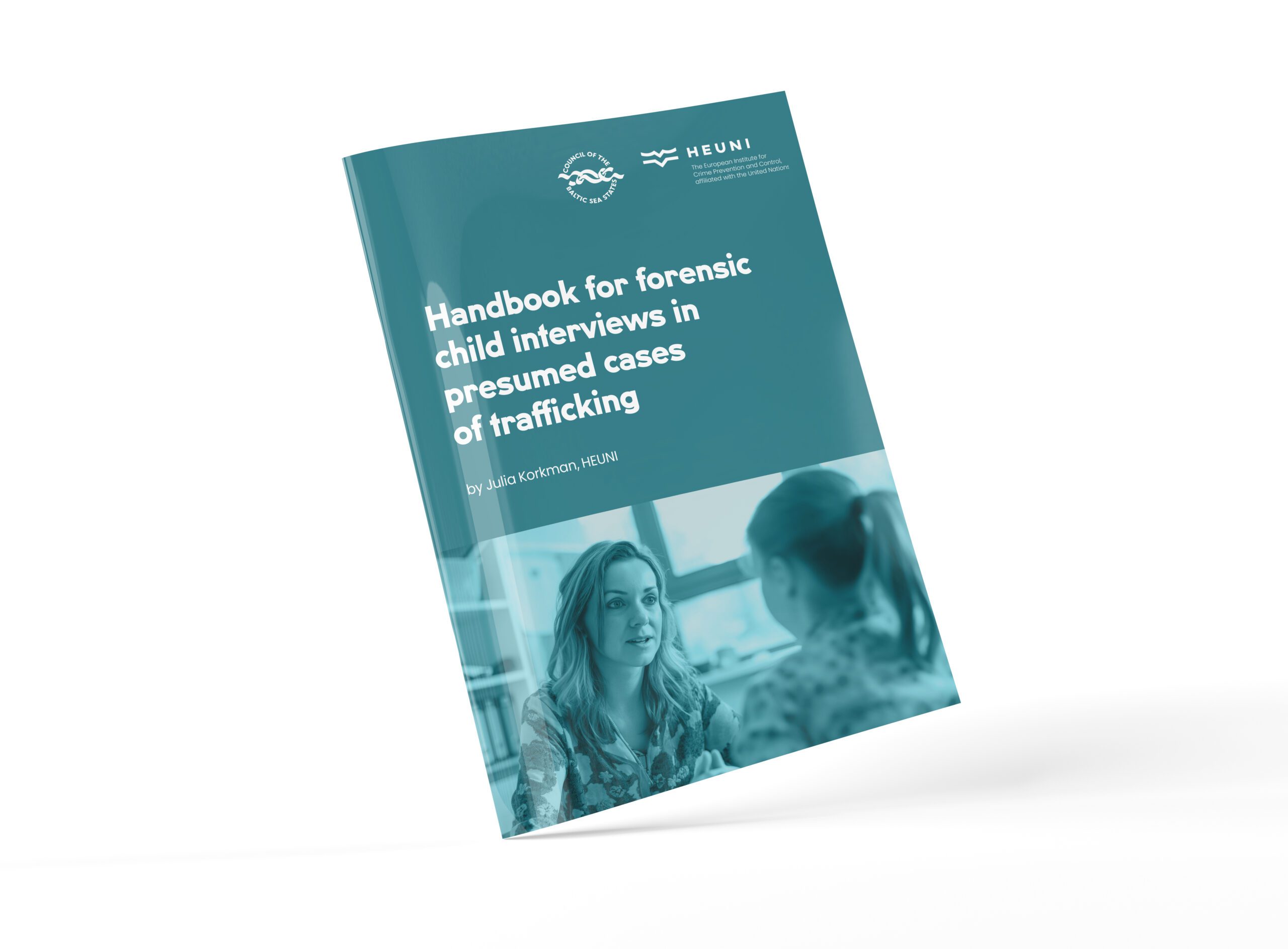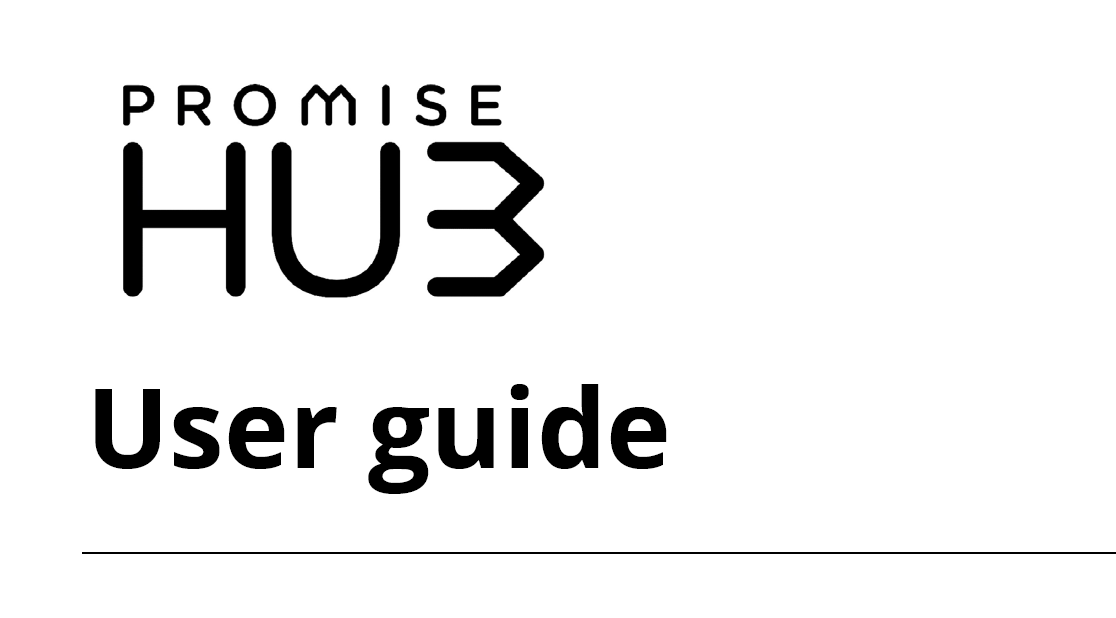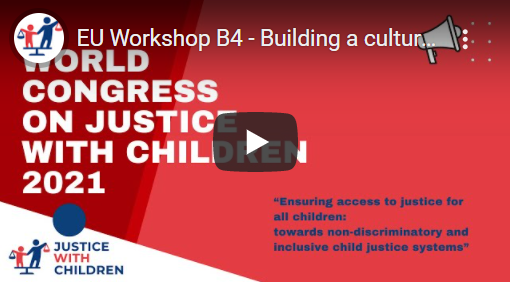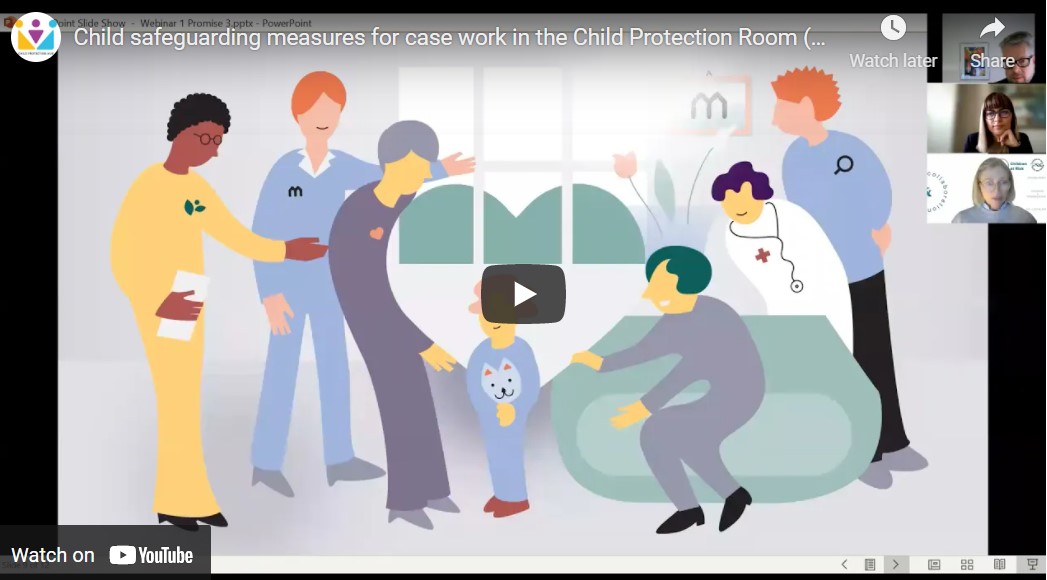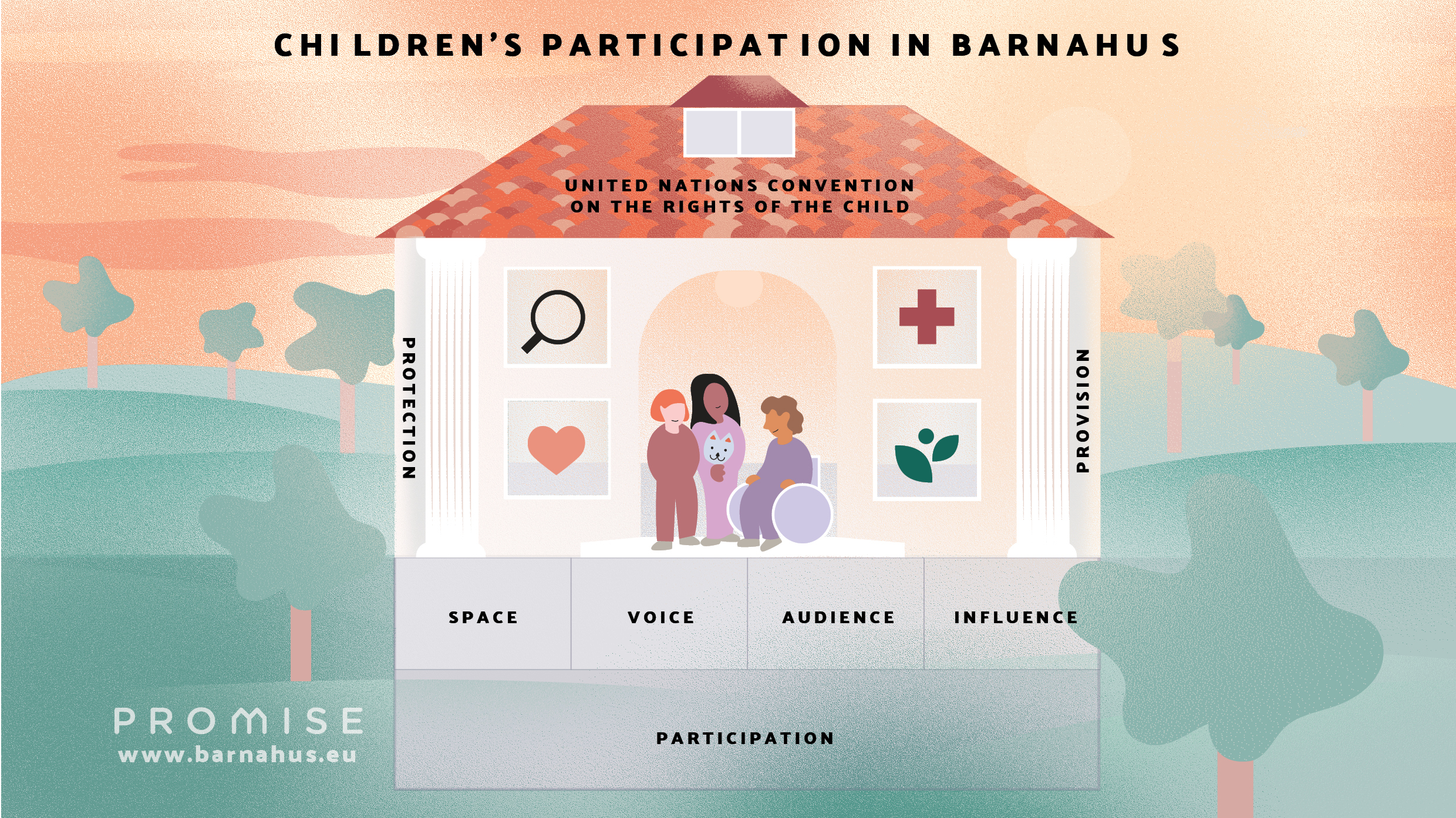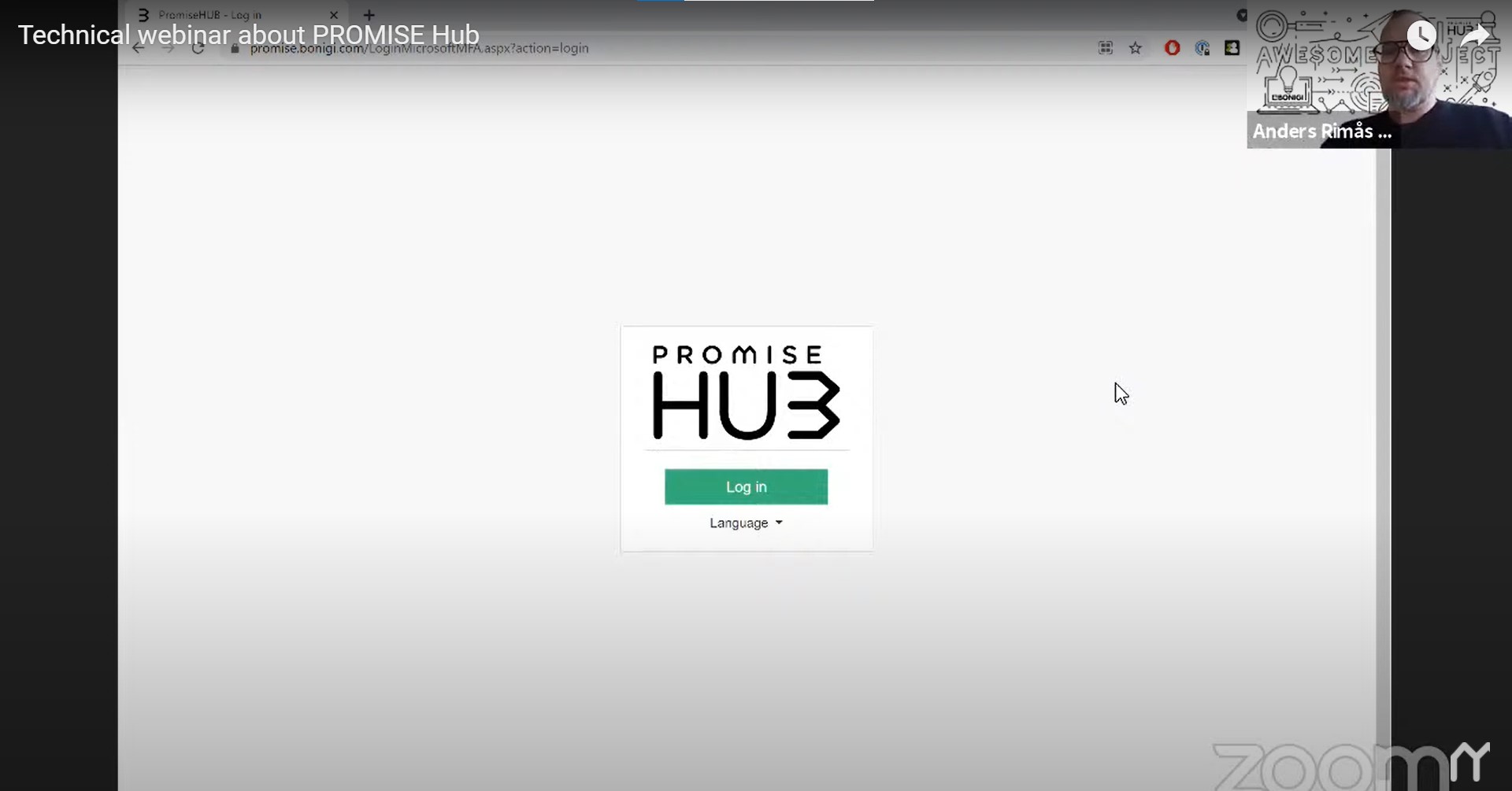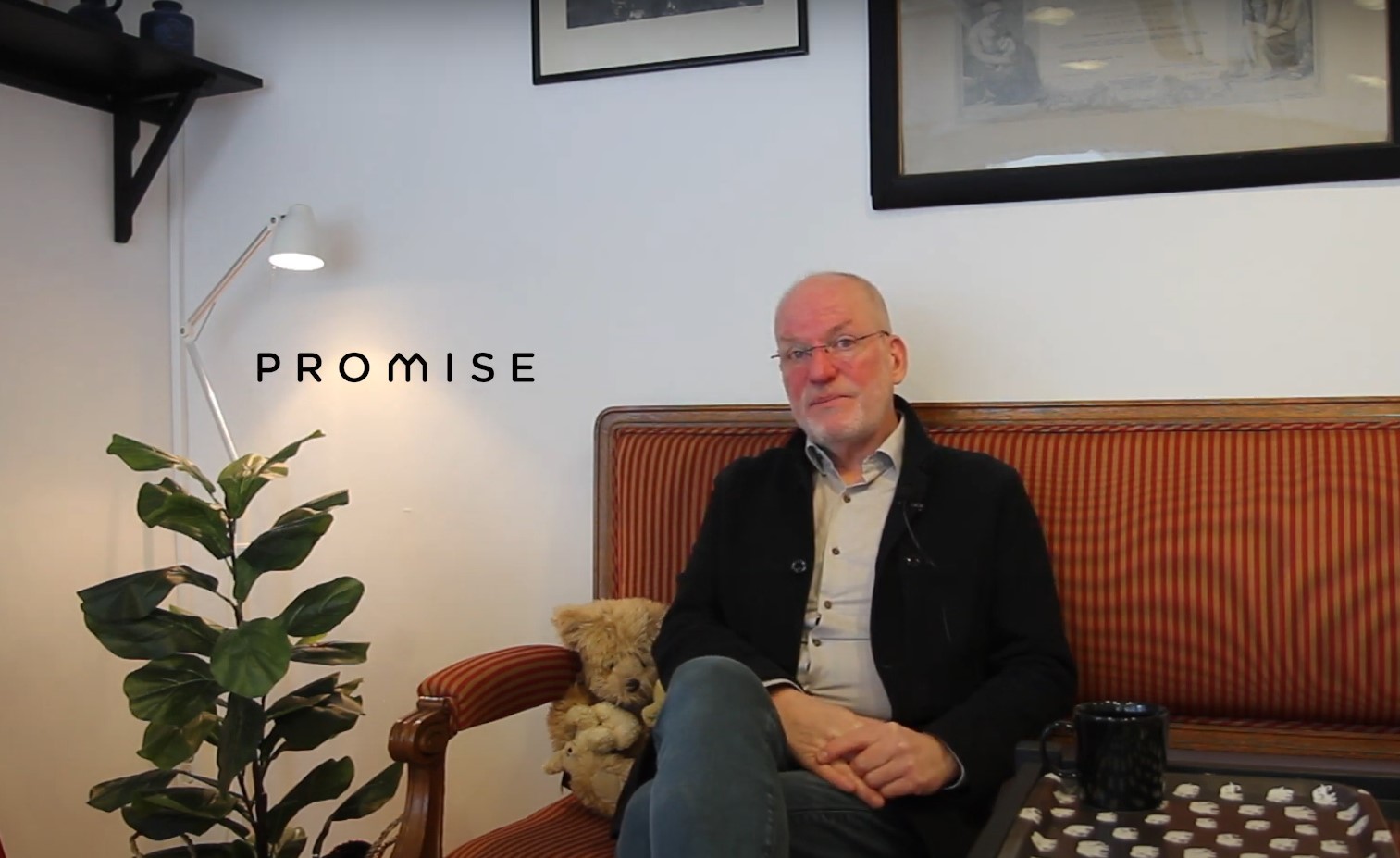Putting the child at the centre: ensuring an inclusive and child-friendly setup
This webinar is aimed at professionals who are in all stages of preparing, planning, and continually improving Barnahus or similar setups which are providing a multidisciplinary and interagency response to child victims and witnesses of violence. It features keynote speakers Ann Lind-Liiberg from the Social Insurance Board of Estonia and Beata Wojtkowska from the Empowering Children Foundation in Poland.
Watch this webinar to hear about:
- the method and outcome of a consultation with children on their opinion of a service’s setup,
- ways to continually receive and integrate feedback from children, caregivers and professionals,
- the practicalities of planning, decorating and equipping a service.
Summary
Ann Lind-Liiberg from the Social Insurance Board of Estonia, presented the unique approach taken by the Barnahus center in Estonia to incorporate children’s feedback in designing child-friendly facilities. An initial study was conducted with 11 children aged between 6 and 15 years to gain insights into their experiences and thoughts about various aspects of the center, including the meeting rooms, furniture, available activities, and food variety. Key findings from the study included children’s preference for a home-like environment, the need for comfortable, child-sized furniture, and the significance of even small details such as familiar smells or freedom to be messy. Large, intimidating furniture and facilities, particularly large toilets, were viewed negatively.
The study also emphasized the importance of the layout of the facility, food options, and decor in making the children feel comfortable. There was a preference for healthier food choices, and adults appreciated having adult-friendly snacks available. Decorations in medical examination rooms, such as quotes on walls or playful items, were suggested to help create a less intimidating space.
Moving forward, Estonia plans to continue involving children in their design process, with a focus on gathering feedback from different age groups. They’re also looking at third-party involvement for more unbiased data collection.
Beata Wojtkowska, from the Empowering Children Foundation in Poland, discussed their launch of their first child support center in Warsaw, Poland, in 2003, which expanded in scope over time due to inspiration from the Promise Project and the European Barnahus model. With a grant, they purchased and adapted a building in Warsaw, also carrying out renovations in three other Polish locations.During the planning phase, they identified the needs for the space, keeping in mind children’s rights and environmental standards, including accessibility, age-appropriate design, and ensuring the prevention of contact with potential perpetrators. The number of rooms, their arrangement, and special features were considered to create an affordable, practical, and child-friendly environment.
The completed center is home-like and child-friendly, with low reception desks, lower wardrobe hangers for smaller children, and neutral color schemes.
The PROMISE Webinar Series is co-organised with Terre des Hommes, a partner of this project, as part of the ChildHub’s child protection webinar series.
